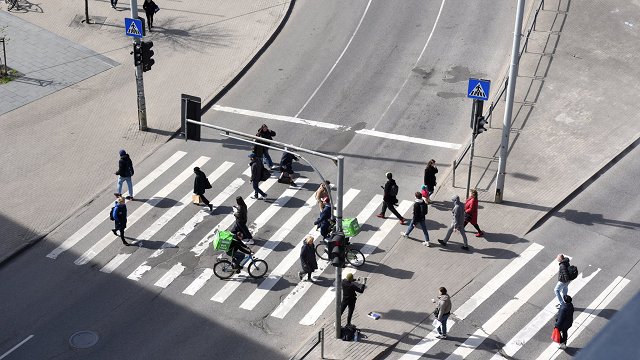He said that labor availability is a problem that's getting bigger by the day, but nevertheless there are many unemployed people in Latvia who lack the skills employers require.
According to Rutkaste the solution as concerns the supply is either attracting workers from third countries or tapping local labor reserves. Structurally speaking, it's possible to raise productivity and efficiency, replacing labor with capital and technologies so that fewer employees are required.
He said that it's possible to attract foreign workforce from eastern countries, and it's likewise possible to promote re-migration among Latvians who have gone to work elsewhere.
Rutkaste said that there are big labor reserves in the Baltics – 27,000 in Estonia, 56,000 in Latvia and 86,000 in Lithuania.
"It's a big number in each country," he said. "The labor force is there, it should simply be put to good use."
He said that long-term professional training courses should be preferred for unemployed people instead of short-term qualifications. Rutkaste went on to suggest that health policies should be given more consideration.
"Health is another matter that should be solved so that these people could find a place in the labor market," he said.
He concluded by saying that the labor force should be redirected towards more productive sectors. "Moving the labor force and acquiring skills are the areas in which we should progress," he said.




























